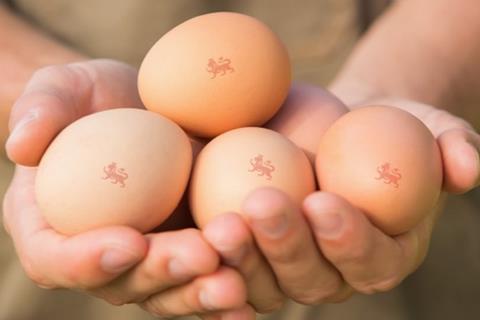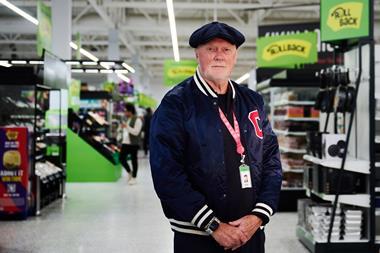
Food prices rose at the fastest rate in almost 18 months last month as staples such as butter and eggs saw significant hikes, new industry data has shown.
Food prices rose at an annual rate of 4.2% in July, up from 4% in June and the fastest rate since February last year, the British Retail Consortium said on Tuesday.
The rising costs were primarily driven by fresh food, with ambient foods now seeing prices easing.
Helen Dickinson, CEO of the BRC, said staples like butter and eggs shot up due to high demand, tightening supply and increased labour costs.
“Chocolate also got more expensive as global prices of cocoa remain high owing to poor harvests,” she added.
The trade body’s figures come ahead of official inflation data, which has consistently registered rising prices this year due to higher wholesale costs and higher expenses for businesses.
Over 60 CEOs from retailers including Tesco, Aldi, and Asda wrote to Chancellor Rachel Reeves last week warning that prices will rise further if additional tax hikes are introduced in the upcoming autumn budget.
“As retailers, we have done everything we can to shield our customers from the worst inflationary pressures but as they persist, it is becoming more and more challenging for us to absorb the cost pressures we face,” they wrote.
Inflation is expected to remain elevated for most of the year, with the BRC estimating food inflation will hit 6% as winter starts to kick in.
Mike Watkins, head of retailer and business insight at NIQ, which compiles the data with the BRC, said the uptick in prices reflected several factors such as global supply costs, seasonal food inflation driven by weather conditions, and the conclusion of promotional activity after recent sporting events.
“As shoppers return from their summer holidays, many may need to reassess household budgets in response to rising household bills.”



















No comments yet